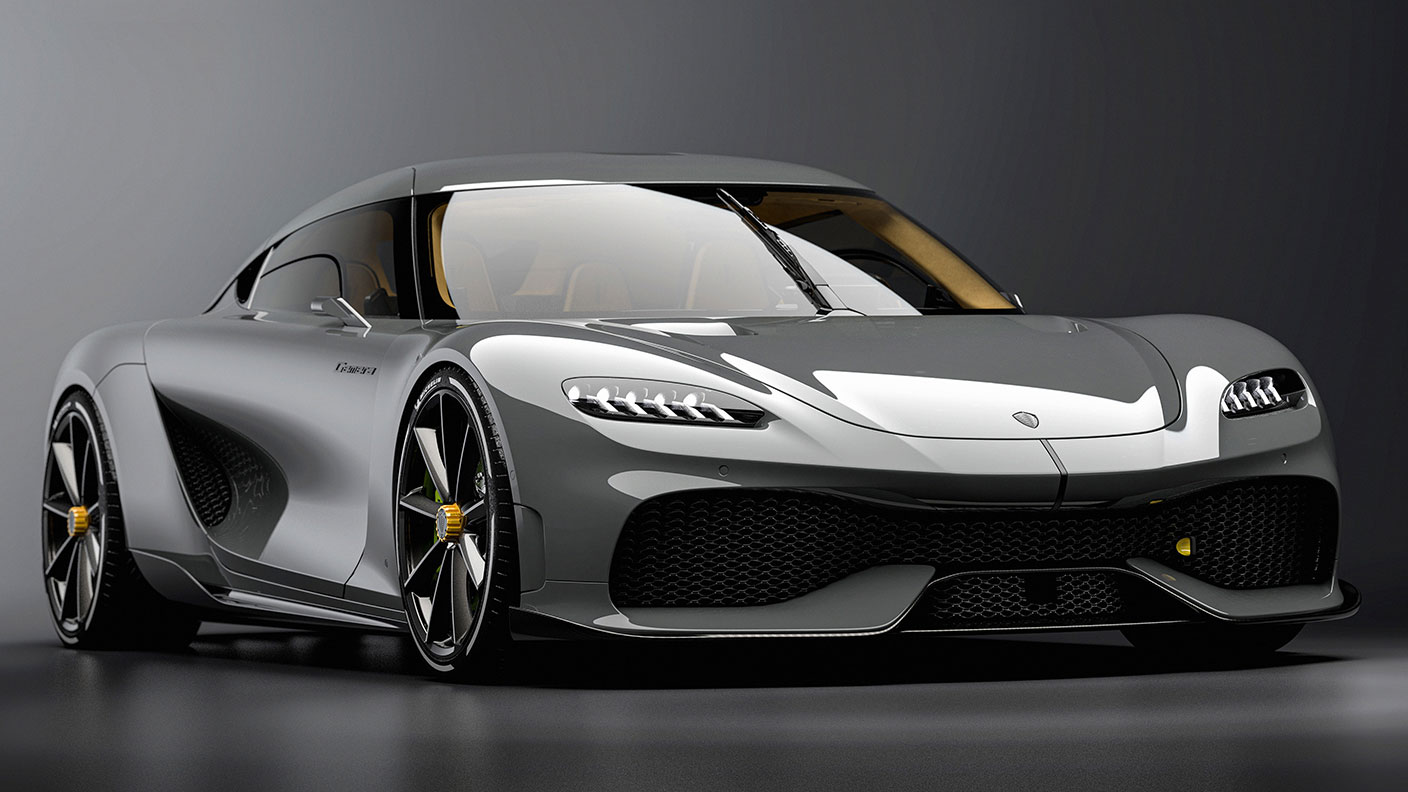Koeningsegg's family motor that goes 250mph
Koenigsegg’s latest creation is “mind-blowingly nuts”. Chris Carter reports


Get the latest financial news, insights and expert analysis from our award-winning MoneyWeek team, to help you understand what really matters when it comes to your finances.
You are now subscribed
Your newsletter sign-up was successful
Want to add more newsletters?

Twice daily
MoneyWeek
Get the latest financial news, insights and expert analysis from our award-winning MoneyWeek team, to help you understand what really matters when it comes to your finances.

Four times a week
Look After My Bills
Sign up to our free money-saving newsletter, filled with the latest news and expert advice to help you find the best tips and deals for managing your bills. Start saving today!
“The mad Swedish supercar scientists at Koenigsegg are known for making ludicrous, limited-run, high-performance vehicles such as the absurd 1,500-horsepower Regera… or last year’s 300mph missile, the Jesko,” says Sean O’Kane on The Verge.
But their latest creation, the 2021 Gemera, “takes the absurdity to another level”. It packs 1,700bhp, 2,580lb ft of torque and the ability to go from 0-62mph in 1.9 seconds and on to a top speed of a record-matching 250mph. Weirdly, it is also a “family car”.
It has four seats, cup holders, and enough room to store “carry-on luggage”. In other words, it is “absolutely mind-blowingly nuts”, says Vijay Pattni for Top Gear. But “what else would you expect from Koenigsegg”?
MoneyWeek
Subscribe to MoneyWeek today and get your first six magazine issues absolutely FREE

Sign up to Money Morning
Don't miss the latest investment and personal finances news, market analysis, plus money-saving tips with our free twice-daily newsletter
Don't miss the latest investment and personal finances news, market analysis, plus money-saving tips with our free twice-daily newsletter
Lean, mean and green too
If you find all that hard to countenance, prepare “to have thine puny brains fried and served with a side of disbelief”, says Pattni. The new Gemera also has an “environmental consciousness”. It features three electric motors – one on each rear wheel, and one on the crankshaft – that alone deliver 1,100bhp simultaneously.
In electric-vehicle, rear-drive mode, the Gemera can reach 186mph, and its 800V battery lasts for up to 31 miles. Koenigsegg has then added its “tiny friendly giant” – a three-cylinder, twin-turbo, 2.0-litre “Freevalve” internal combustion engine that drives the front wheels – which means it is able to run on ethanol or carbon-neutral methanol. With the combustion engine in play, the Gemera’s range is extended to 620 miles between fill-ups.
Why such massive doors?
It looks good, too. Being a Koenigsegg, it still has doors that pop out and then rotate upwards around a single axis. “Except that in the Gemera’s case, they’re absolutely enormous, because they also serve as access to the rear seats as well,” as CJ Hubbard points out for Car magazine. “As the crazy Swedes cooly point out, this means there’s no B-pillar, making getting in and out of the back a little more graceful than in most hyper-GTs.”
That said, you “still have to deal with those heavily sculpted bucket seats”. Koenigsegg plans to build 300 of these cars. If you want to get your hands on one, expect to pay in the region of €1.7m.
Get the latest financial news, insights and expert analysis from our award-winning MoneyWeek team, to help you understand what really matters when it comes to your finances.

-
 Should you buy an active ETF?
Should you buy an active ETF?ETFs are often mischaracterised as passive products, but they can be a convenient way to add active management to your portfolio
-
 Power up your pension before 5 April – easy ways to save before the tax year end
Power up your pension before 5 April – easy ways to save before the tax year endWith the end of the tax year looming, pension savers currently have a window to review and maximise what’s going into their retirement funds – we look at how